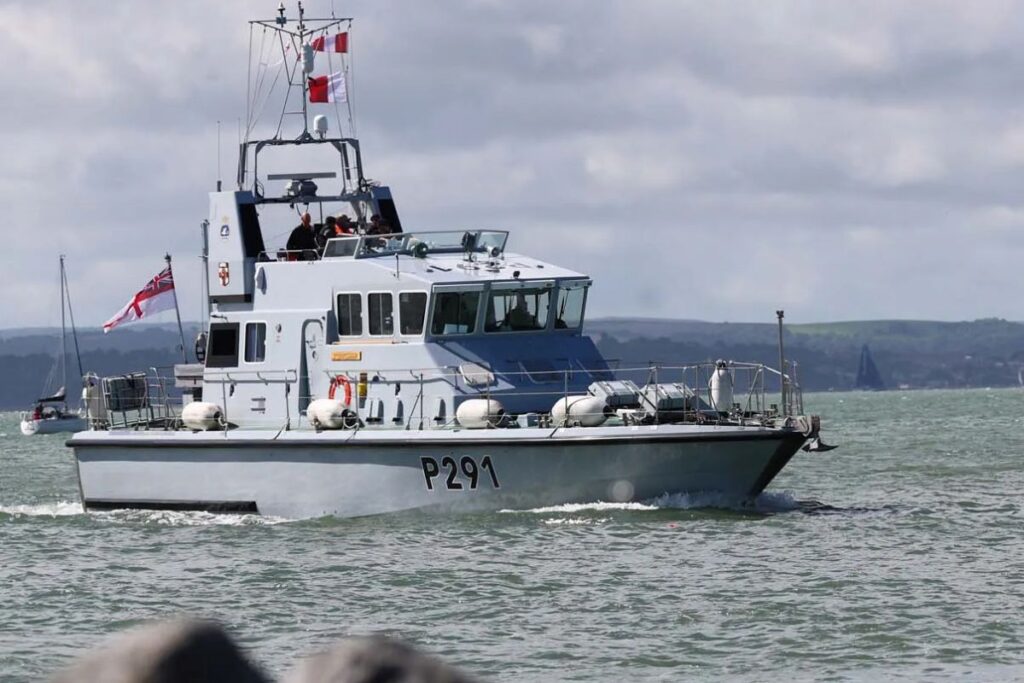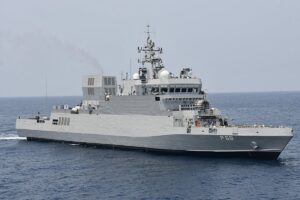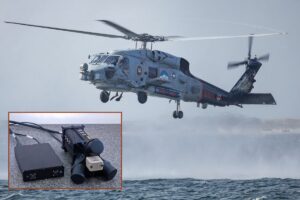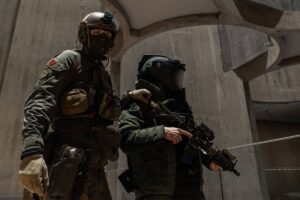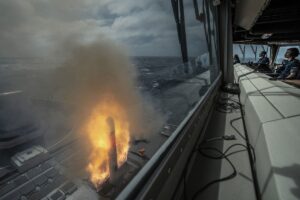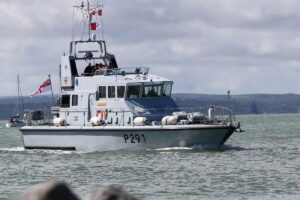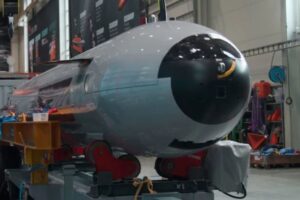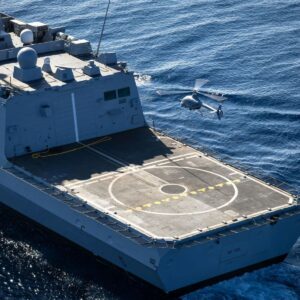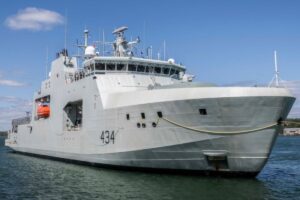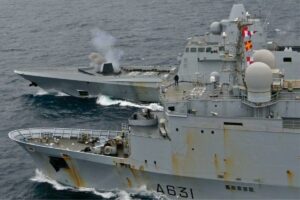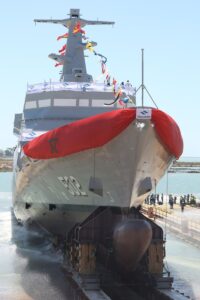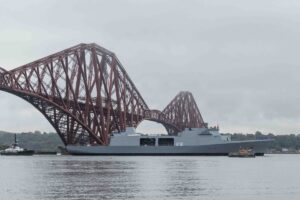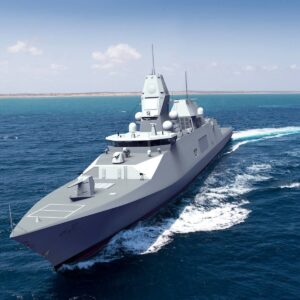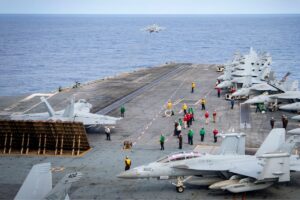A Royal Navy Inshore Patrol Vessel has been testing the AQlock, a quantum navigation system devised by Aquark Technologies as an alternative to GPS.
Navies around the world are researching quantum navigation systems to provide accurate, reliable, and secure navigation solutions, because in combat and contested environments current satellite-based systems can be vulnerable or unavailable.
As per a recent Royal Navy press statement, a P2000 from its Coastal Forces Squadron, HMS Puncher, has recently been trialling the Aquark Technologies’ AQlock atomic clock system in the Solent under the auspices of the U.K. Ministry of Defence’s Defence Science and Technology Laboratory (Dstl) and the RN Disruptive Capabilities and Technologies Office.
As per the statement, “The system functioned non-stop on board Puncher… marking an important milestone for Position, Navigation and Timing technology and a step forward in reducing reliance on satellites.”
The experiments tested the resilience in sea conditions of the navigation system, a cold atom-based “clock” which works by transferring atoms cooled to almost absolute zero — just under -273C — to a conventional oscillator, producing real-time and highly precise positional data.
According to the statement, at the heart of the new system is kit dubbed “the supermolasses trap,” a pioneering method of trapping these atoms developed by Aquark which makes the AQlock relatively affordable, resilient, and ship-portable.
Chester Butterworth, Head of Strategy at the Royal Navy’s Disruptive Capabilities and Technologies Office, commented: “The Royal Navy remains committed to exploring disruptive technologies that offer the potential for significant operational advantage.”
He added: “The capabilities of Aquark’s system to improve existing Position, Navigation, and Timing methods, outside of the laboratory and in harsh, remote environments, is a milestone achieved by very few systems to date.”
And Commanding Officer of the Coastal Forces Squadron Commander Carla Higgins added: “The Coastal Forces Squadron is delighted to have taken part in trialling this unique technology. P2000 Inshore Patrol Vessels are an ideal platform to provide the challenging at-sea conditions required to put systems to the test.”
- You can read more details about the trial on the Royal Navy website

